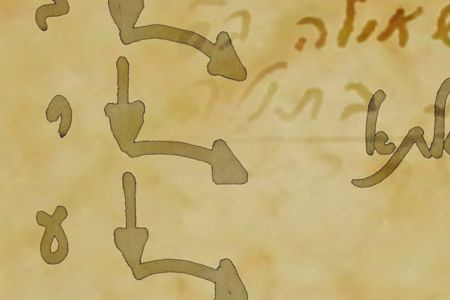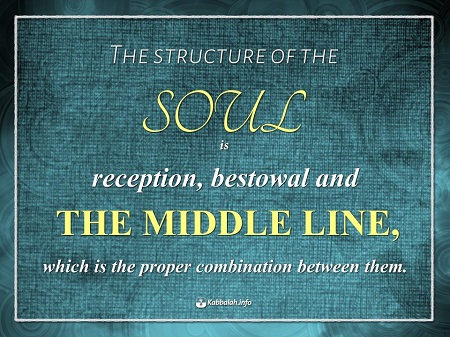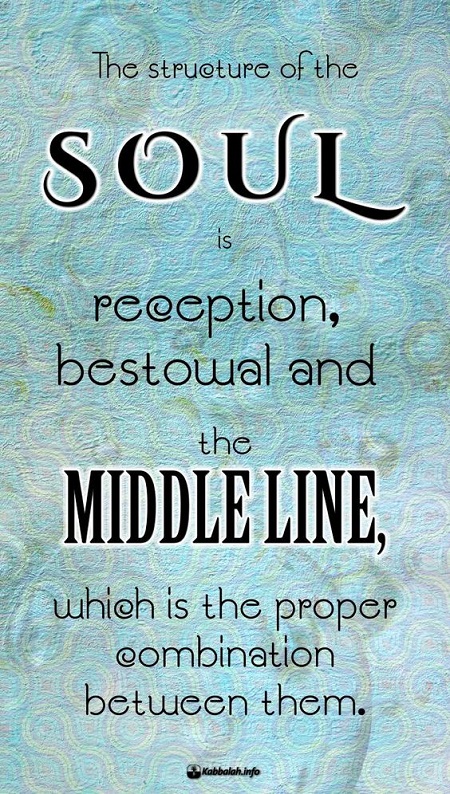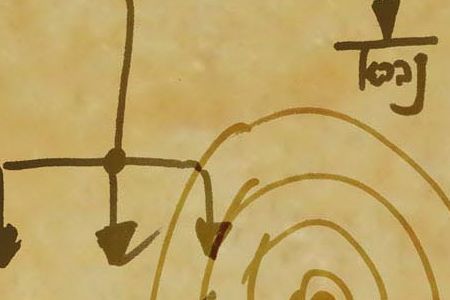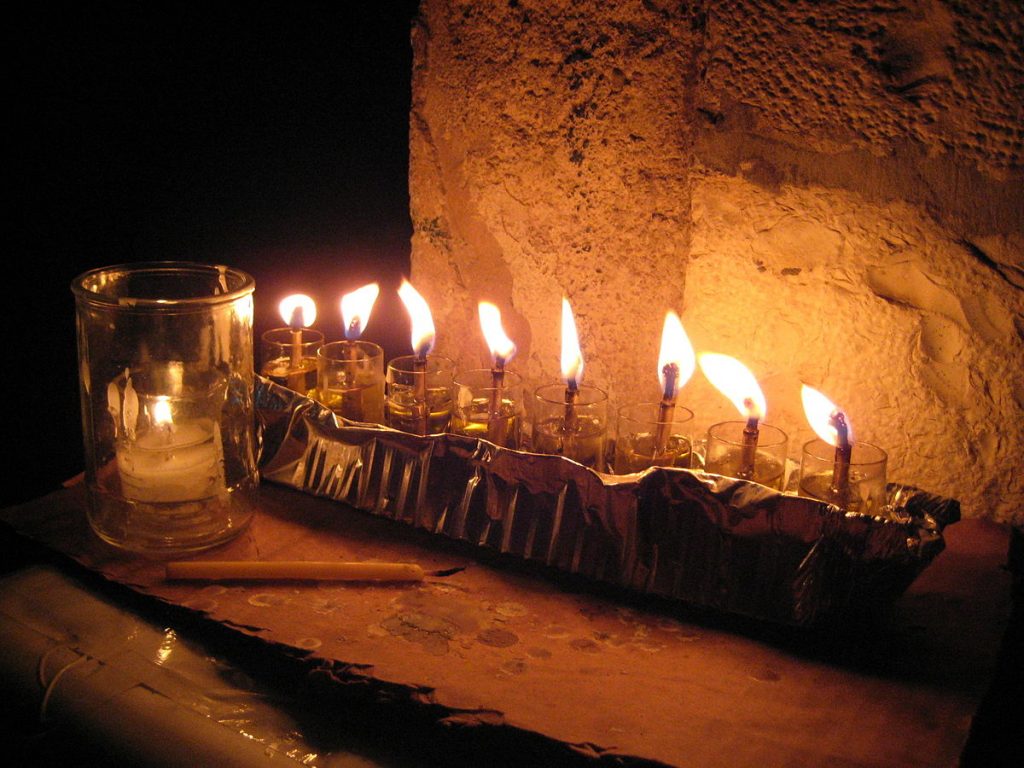Genesis, 44:18-47:27
This Week’s Torah Portion | January 1 – January 7, 2016 – 3 Tevet – 9 Tevet, 5777
In A Nutshell
In the portion, VaYigash (Judah Approached), Joseph asks his brothers to leave Benjamin having discovered the silver goblet that he himself hid in his belongings. Judah explains to Joseph that he cannot leave Benjamin behind because he is responsible for him and he promised his father to bring him back safe. Judah tells Joseph that they had already lost one brother, not knowing that Joseph is the one managing the event behind the scenes.
Joseph decides to expose himself to his brothers. He tells them how his selling for slavery turned out for the best, and that now he can support his family because he is in charge of all of Egypt. After the reconciliation, Joseph sends the brothers to Jacob with carts and goods, and asks Jacob to come to Egypt.
At first, Jacob cannot believe the story. But once the brothers present him with Joseph’s gift, he is delighted and wants to go to Egypt to see Joseph before he dies. On the way to Egypt, Jacob stops and offers sacrifices. The Creator appears to Jacob and promises him that his descendants will be a great nation in Egypt, and that eventually they will all return to the land of Israel.
Jacob and the brothers arrive in Egypt, in the land of Goshen, where Joseph meets them. He bursts in tears when he sees his father after all those years. Joseph tells them that Pharaoh wants to meet them.
To prepare for the meeting Joseph tells the brothers and Jacob to say that they are shepherds and wish to live in a separate place from the Egyptians, in the land of Goshen. Joseph introduces his father and brothers to Pharaoh, who agrees that they will live in the land of Goshen.
The hunger continues and Joseph provides for everyone. The Egyptians and all the others give up their money and eventually themselves as slaves to Pharaoh.
At the end of the portion Joseph establishes a system of taxation by which Pharaoh holds all the assets; he provides the Egyptians seeds for their crops, and they give him one fifth of the crop.

Commentary by Dr. Michael Laitman
The portion describes both the internal process of man’s development, and the general process in the correction of the world. Man and the world are one, the particular and general are equal.
This is a special portion, which is still pertinent. It deals with the spiritual force entering an ordinary person and beginning to correct that person.
For the purpose of connection, a person needs both the physical force and the spiritual force, like heaven and earth. The two forces—of the Creator and of the creature—conjoin, and the human will grow out of them. This is really the purpose of our development, to connect the material substance with the human form, which is similar to the Creator.
It is not simple to make those two forces meet. Creation consists only of these two forces—the giving force, the Creator, and the receiving force, the creature, which the Creator created on purpose as a replication of Himself.
Continue reading “VaYigash (Judah Approached) Parsha – Weekly Torah Portion”
